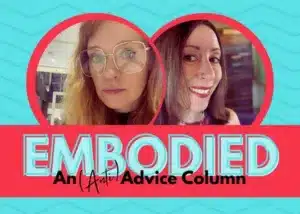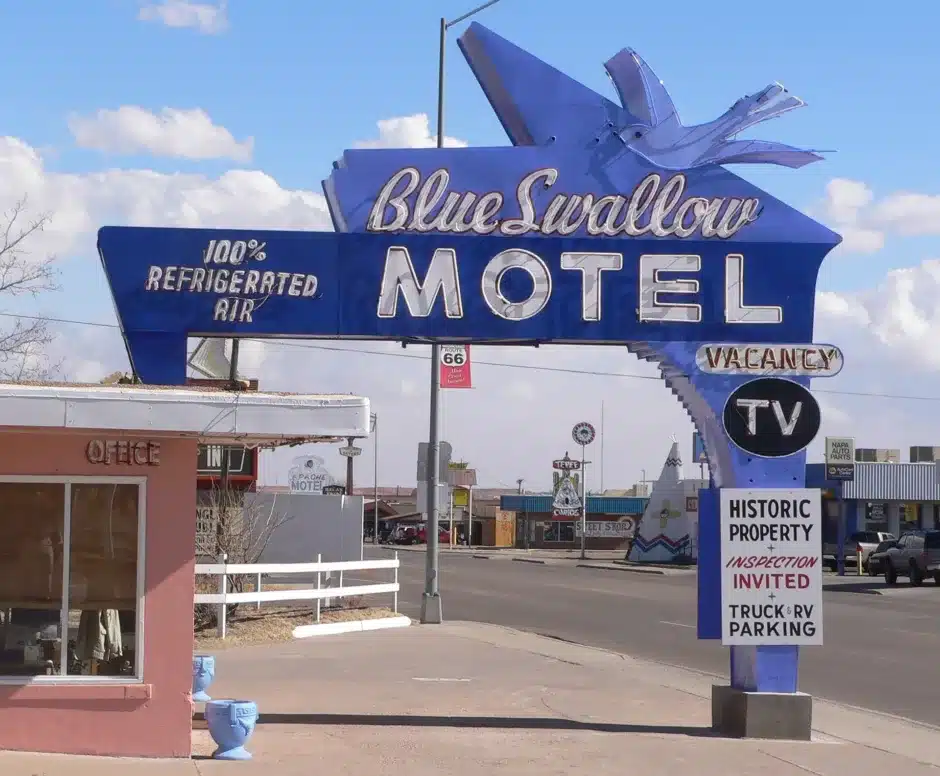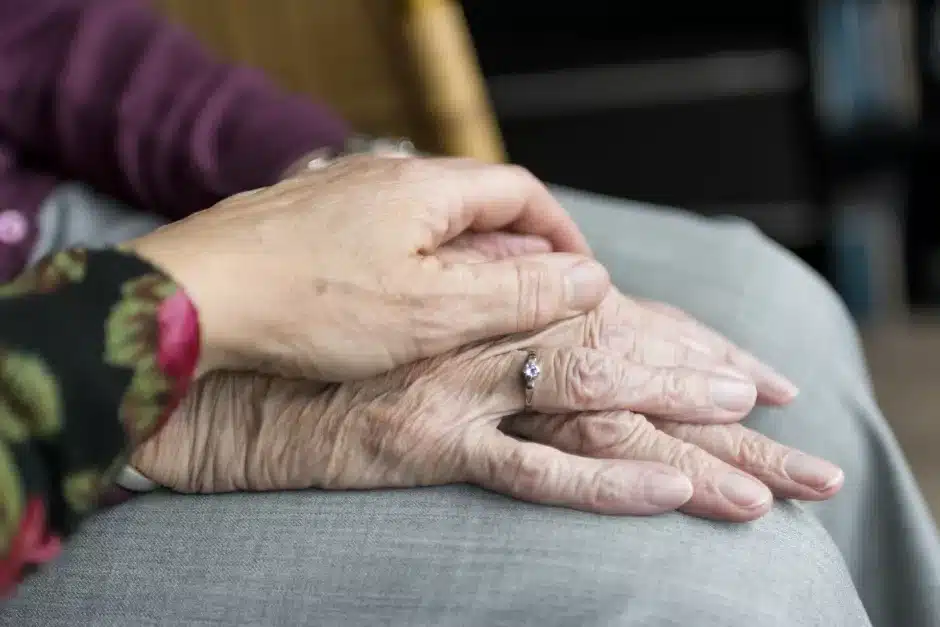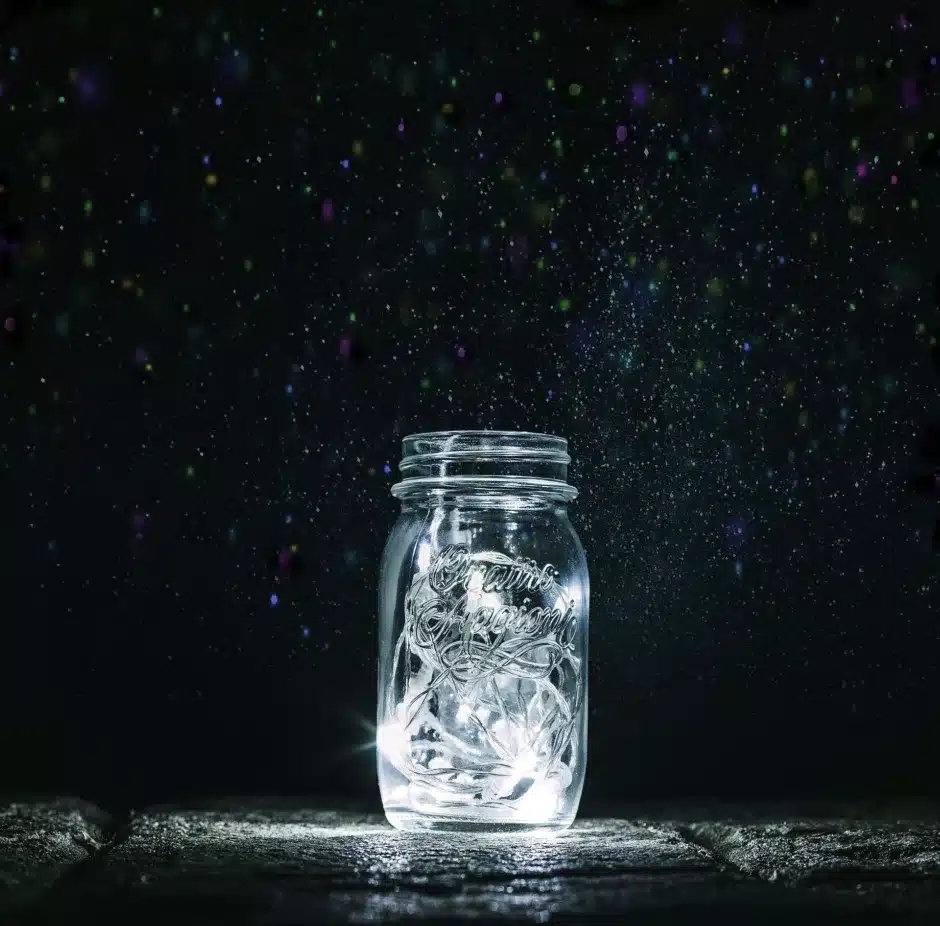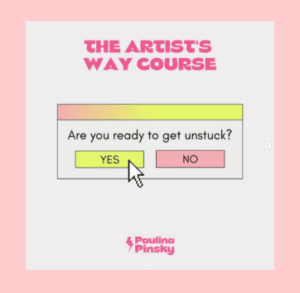Zesty Lemon Joy Tart from Scratch
First, prepare your crust…
Day-to-Day Happiness, sifted through dry Autumn leaves – 1-1/4 cups
Baby giggles for sweetness – 1/2 cup
Seaside mornings, finely ground – 1 teaspoon
Cold toboggan crashes, cut into small cubes – 1/2 cup
Wedding Tears, collected in an Easter eggshell – 2 halves
Extract of a lover’s first touch – 1/2 teaspoon (optional)
Sift dry ingredients into a children’s punch bowl. With cupped fingers, create a hollow. Gently. Kiss your pastry cutter, then mix all ingredients. The mixture should feel silky and dry, like the back of a grandmother’s hand.
Form the dough into a ball, then flatten to a thick disc. Wrap in an heirloom dishtowel and refrigerate. Go outside. Play with your dog—kid—lover—spouse—parent—cat, make grass angels while counting clouds. Do this for at least one hour.
Preheat oven to 375F/190C and place rack in the center.
Roll out the dough. Place gently into a heart-shaped tart pan.
Press parchment paper against the crust, then fill with shiny pebbles collected at low tide, remembering to wash them first. Bake for twenty minutes. Transfer hot tart pan to a wire rack and remove pebbles and paper.
Then, prepare the Lemon Joy filling…
Happy tears shed for someone you love – 3 full measures
Dancing like a wild thing – 3/4 cup
Lemon peel from your Amalfi trip, grated fine – 1 tablespoon
Waking to a cold dog nose – 1/2 cup
Dawn Solitude – 2 tablespoons (optional)
Long-sought reunions, cut into small pieces 1/2 cup
Cook on moderate heat, whisking constantly, until the mixture thickens and warms to a sultry love song, about 170°F/75°C.
Fill the tart shell with joy curd. Refrigerate four hours. Serve with love and whipped cream if you like. The tart is rich, so share.
Keep this recipe at the front of your box. Even if not prepared, Lemon Joy Tart is a hedge against the sadder dishes life will inevitably prepare for you. Hold the recipe card to your heart, remember, and know that you will survive.






